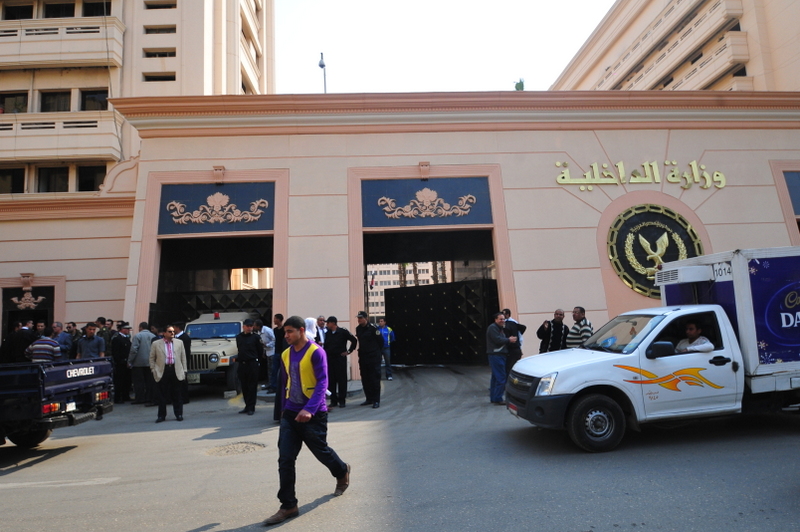The banking sector, which has been releasing its 2008 numbers over the past couple of weeks, has been showing mixed results. With earnings all over the map, the banks have illustrated varied reactions to the international economic crisis.
Banks also performed in hit or miss fashion in relation to how many of the Egyptian investment banks forecasted them to.
Commercial International Bank (CIB), which is Egypt’s largest bank by market value, chalked up significant increases in profit last year, only to see stocks plunge because it underperformed in relation to forecasts.
The bank reported that net interest income increased to LE 1.79 billion in 2008, an increase from LE 1.2 billion the previous year. Net income from fees and commissions enjoyed substantial increases too.
Reuters reported Beltone financial as saying that CIB largely underperformed its forecast due to a 42 percent decrease in fees and commissions in the fourth quarter of 2008.
The forecasts created some trouble in the market. Banks issued these forecasts well ahead of the onset of the economic crisis, which came as unexpected to many. As a result, in cases where the banks under-performed expectations, it was largely disappointing fourth quarter results that three off the numbers and sent stocks falling.
Even so, the investment banks seemed to misjudge the effect that the economic crisis would have on these banks. The banks dramatically underperformed fourth quarter forecasts as well.
National Societe Generale Bank (NSGB), while also making strong earnings gains, outperformed bank forecasts.
The bank reported last week a 74 percent increase in earnings, to LE 1.14 billion for 2008. Five investment banks that issued forecasts for NSGB predicted it would report earnings of between LE 653.77 million and LE 1.036 billion, Reuters reported.
These numbers from CIB and NSGB seem to indicate that many Egyptian banks were able to turn strong earnings growth for 2008 based in part on a strong first half of the year. Furthermore, it is a testament to many Egyptian banks’ insular approaches to banking that they weren’t exposed to the broader economic crisis.
Other banks failed to enjoy such favorable numbers. Greek-based bank Piraeus reported an LE 6 million loss for the first three quarters of 2008.
Particularly remarkable was that the bank has yet to release its fourth quarter numbers which may, given the global economic climate, make for abysmal 2008 numbers.
Credit Agricole also suffered an earnings loss for 2008, though the bank exceeded forecasts which had predicted it to fare far worse.
Net profits fell 7 percent to LE 475.4 million. Its losses were partially offset by a 20 percent increase in net interest income, which rose to LE 600.5 million.
HSBC Bank Egypt reported profits of LE 1.184 for 2008. It marked a 28.5 percent increase over earnings the previous year for the bank, which is a subsidiary of HSBC. The year 2008 had two distinct cycles, with the economic crisis hitting right in the middle of the year. Given the unexpected upheval in the banking system, forecasts proved unreliable. Bank performance was hit or miss as the result of its performance before the outset of the crisis and its ability to respond to it.


